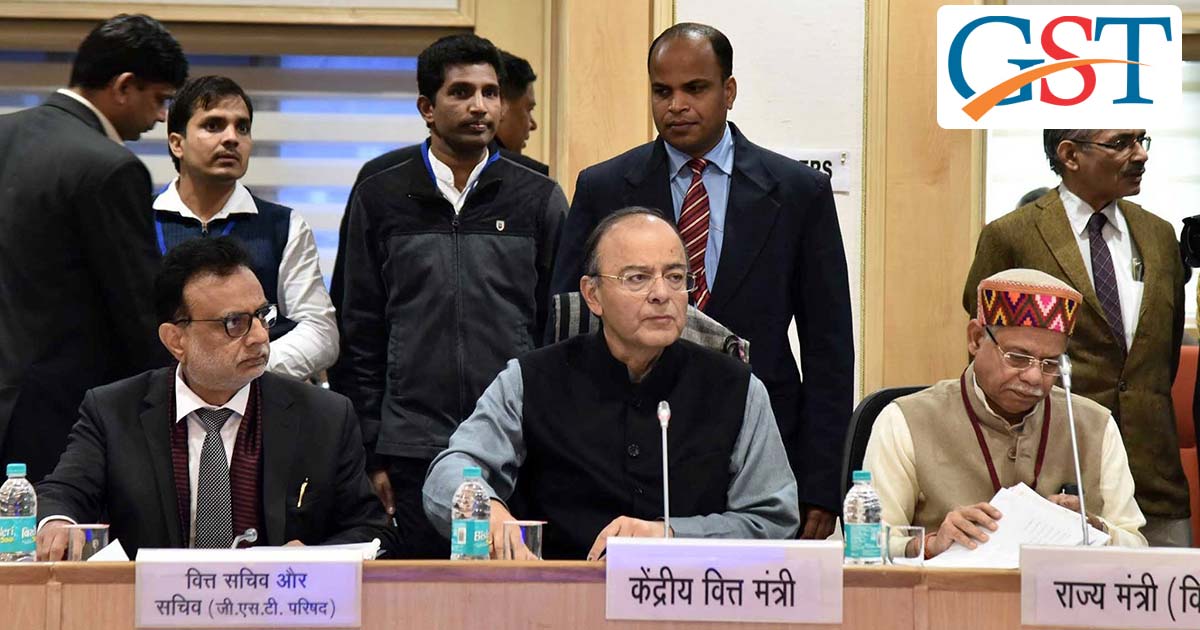Today, an official said that the GST Council will look after in finalizing the simpler version of GST return filing module that is proposed by Nandan Nilekani on the 26th meeting that will be going to held on March 10th.
He said that “The biggest glitch now in the system is the GST returns. The GST return filing is being simplified. Nandan Nilekani has come out with a fantastic module and a committee has been set-up to discuss all of it and then submit a report.
GST Commissioner M&E sectoral group M Srinivas told on the sidelines of the FICCI Frames that,” In the 26th council meeting on March 10, the government will most probably be discussing the module and finalizing it.
Whereas, in the 23rd GST Council meeting, it was decided by the officials that the return filing of GSTR-2 and GSTR-3 forms will stop and the return filing of only GSTR-1 and GSTR-3B will be continued.
Although, he still admitted that the present return filing module is still a problem for the taxpayers and the cost of compliance has gone up mostly because people are not able to handle the complexities of present return filing form.
According to the suggestion made by Nilekani, a module can be formed where supplying invoice details can be posted, instead of uploading the invoice details. And based on the invoice data fed by the supplier, the system will itself generate the return.
“So the system will become much simpler and them compliance levels would go up. This is the major glitch that is being addressed now,” said Srinivas.
As indicated by him, the return filing module would balance out in another three to four months, latest by June. Srinivas said that with the implementation of goods and service tax (GST), the indirect tax payers base has been extended by more than 50 percent for every penny with 34 lakh organization coming up into the assessment net.
The GST collection in July last year was more than 95,000 crore, which he ascribed as the higher duty tax rates and non-accessibility of discounts. He said that “the TRAN credit, credit existing in the previous tax regime, was not allowed to be taken and it was very heavy and the relevant TRAN 1 module was not ready on the GST network. Since the people could not take the earlier credit in balance and use it, everybody had to pay by cash.
Secondly, the tax rates were much higher and they were rationalized subsequently. Over 250 commodities tax were reduced and that of over 100 services as well.”
The collection of November came down to 80,808 crore due to the arrival of TRAN, the tax rates get reduced and similarly, the return was also permitted.
“The refunds were held up for some time, so the manual processing of ITC accumulated on accounts of permission and this has enabled cash payment and that resulted in a deep slump,” he said.
The collection is increased in December up to Rs 86,703 crore and in January the collection was up to Rs 86,318 crore.
Read Also: Suggestions for the Government Before GST E Way Bill Re-launch
According to Srinivas, since only 69 percent people had filed returns for January as per the data, the collection is expected to rise with the late payment fees.










